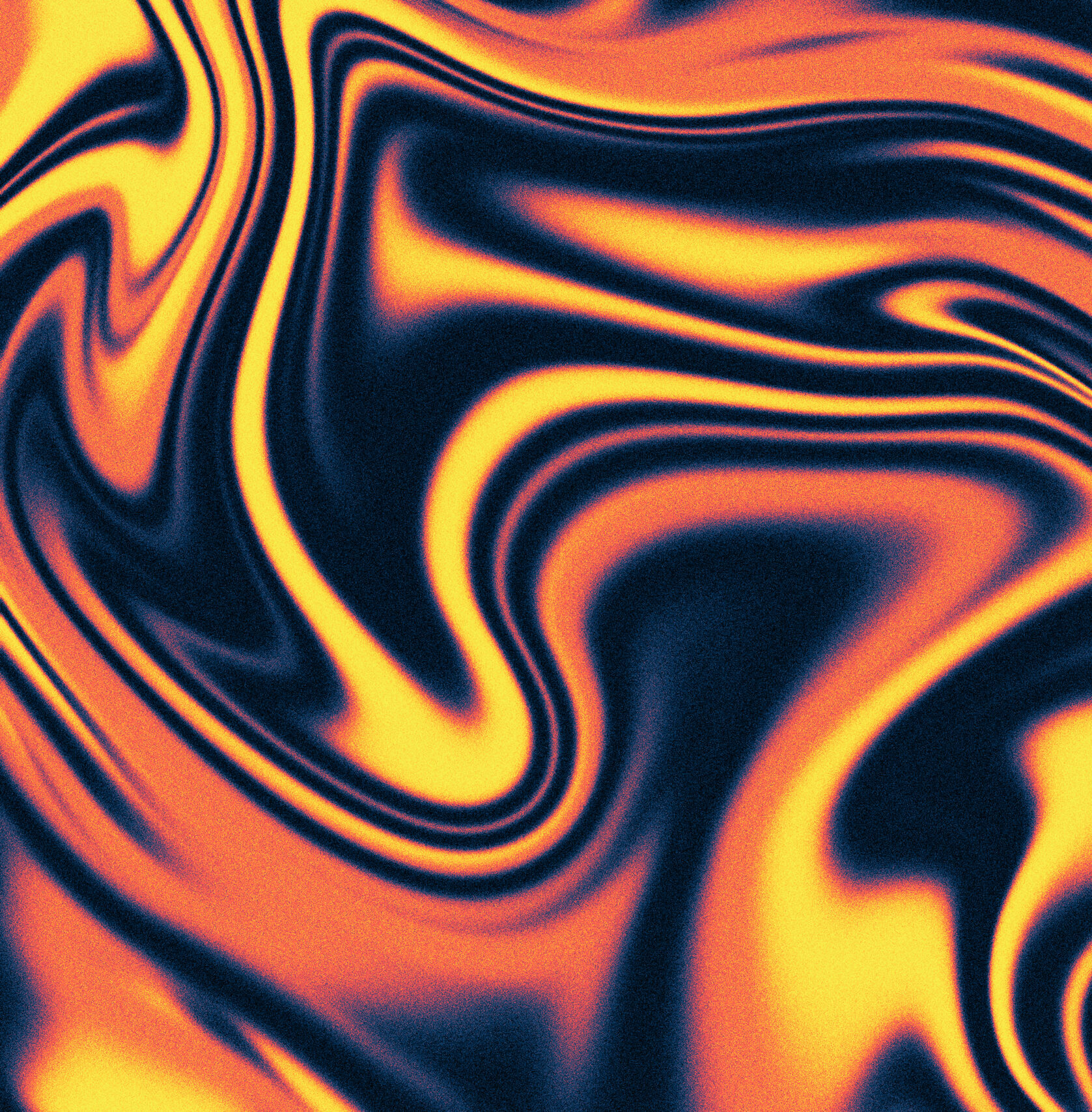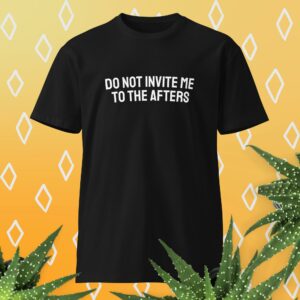What are all these genres anyway?! Are they the same? Did I just call something PsyBreaks that was actually PsyDub? (Yes) Don’t worry if you accidentally label your new favorite track PsyBass instead of PsyDub, the wooks will know what you mean!
There’s definitely a lot of overlap and nuance to all these psychedelic genres, and live sets & albums almost always incorporate several. Let’s try and break these down the best we can:
Glitch Hop
Let’s start with arguably, my favorite EDM sub genre. Even though you might not think it, many of your favorite psychedelic songs might actually be Glitch Hop – or at least have a lot of it’s influence! I remember when Glitch Hop used to just mean 110bpm in your face bass! I think back to the midtempo stuff from Nick Thayer, Kill Paris, Space Laces – I can definitely thank Moombahton and Moombahcore for bridging that initial gap for me. It’s also interesting, to me, how close modern Midtempo is to traditional Glitch Hop. Add an extra kick, some syncopation, a couple bpm boost, and voilà!
There’s definitely been a lot of nuance introduced to the Glitch Hop world over the years. More funk, more psychedelia, more minimalism, and slower beats can make it hard to distinguish sometimes! The All:Lo collective comes to mind as well, bringing their slower, wubby, more minimal style of Glitch Hop to the party. Typically, if there’s heavy electronics/synths and a hip-hop beat, it’s Glitch Hop. Careful not to use the term ‘Trip-Hop’, because that does not exactly mean Trippy + Glitch Hop! I would call Trip-Hop the calmer, more ambient, brother of Glitch Hop (it’s more akin to LoFi/downtempo than traditional Glitch Hop). For psychedelic Glitch Hop, listening for that swing. The funkier, swingy stuff is almost always Glitch Hop!
IDM / Glitch
Another favorite of mine (especially since we wouldn’t have Glitch HOP without it!). Sometimes, IDM can be more of a production style than a genre. ‘Intelligent Dance Music’ can sound like breaks, dnb, or even techno. I would say the same goes for Glitch… or Braindance if you’re Aphex Twin. Traditional ‘Glitch’ music can start to go offbeat, or not even have a beat!
When you think of either of these ‘genres’, think of lots of experimentation, abstract sound design, lots of breakbeats, and artifacts. IDM producers also tend to use much shorter kick drums and quick percussive elements… and, of course, glitches galore! I would say ‘classic IDM/Glitch’ is more breakbeat-focused, and the modern IDM producers are more melodic, frequently fusing genres together along with crazy glitch elements.
Psy Dub
On the other end of the spectrum, Psy Dub is a lot slower. Think downtempo, reggaedub-inspired drums and grooves as the backbone for this subgenre. Psy Dub also draws a lot of inspiration from Indian music (like Goa/PsyTrance), as well as other world genres. Lots of echo, delay, and reverb. There’s a lot of grey area with Psy Dub, as many artists blend this style with other psy styles in their live sets, albums, and sometimes even within the same song!
When Psy Dub starts to become faster and heavier; I think it starts to turn into another genre, like Psy Bass or Glitch Hop. Psy Dub doesn’t ‘drop’ too hard, it relatively maintains its energy throughout. You might get some light wubs, and some nice psychedelia…but no intense bass sound design (See Psy Bass). Another key, like many genres, is the drums/tempo. Psy Dub drums are slow, and never tooo ‘in your face’. Downtempo, reggaedub-inspired drums
Psybient
Psy + Ambient (AKA Psychill, downtempo). Remember, downtempo is an adjective, not a genre 😆but I hope this one is a little more self-explanatory! Not a lot of drums (in fact, sometimes zero drums), huge psychedelic soundscapes and textures. A Tipper ambient set is a perfect example of this genre! When more drums and textures get added, it starts to blur the lines more between Psy Dub, Psy Bass, Glitch Hop, and Psy Progressive – all depending on the groove and intensity.
Psy Breaks
I think this one is where it starts to get a little confusing, and rightfully so! For Psy Breaks, think of the sounds of PsyTrance – to breakbeats. Psy Breaks actually might be the closest sounding to PsyTrance (or Progressive) that we’ve had so far on the list. It would be very hard to tell for the layman, especially mixed in a set. This music tends to be faster and can be 4/4, or have an offbeat feel. I think the songs I personally labeled Psy Breaks… were actually ‘multi-genre’ songs. It’s way faster and more upbeat than I originally thought…we’re all learning!
Psy Bass
It’s getting tricky (Cue Run-DMC)! I would call this genre the older brother of PsyDub (and maybe the ‘younger brother’ of PsyStep). If it’s getting heavy&weird, and doesn’t sound like one of the ‘grooves’ I mentioned above, it’s probably Psy Bass. If the PsyDub you think you’re listening to is having big drops, it might be evolving into Psy Bass. When the drums get just a little bit faster we’re starting to get into the Glitch Hop grey area. You’ll also hear a lot of IDM/Glitch influence (and grey area) start to happen. When it gets incredibly heavy and ‘dubsteppy’, it could probably be called Psystep.
Psystep
Psychedelic + Dubstep. The line is becoming incredibly thin and grey! I would use this label for songs that are likely140bpm with huge dubstep drums, dubsteppy basses, and psychedelic / psytrance synths. Zebbler Encanti Experience immediately comes to mind when thinking about Psystep. Lots of Psytrance elements, and some 4×4, but mostly halftime drops.
Psy Progressive
A subgenre of PsyTrance (kind of like its little brother), this is quickly becoming a personal favorite of mine. Think about it like regular old PsyTrance, but not as fast (usually below ~140bpm), and usually not as intense. That snappy ‘PsyTrance Kick’ starts to fade away in this subgenre (as well as PsyBreaks), and other elements of house, techno, bass, and more are highlighted. It’s very hard to distinguish from the previously mentioned Psy Breaks (especially the OG Psy Breaks), but if you hear ‘cleaner’ drums, it’s probably Progressive Psytrance. Get those breakbeats out of here for this one!
PsyTrance
Saving the OG for last! The actual original is Goa Trance, and there’s many articles and Wiki pages about it. I’ll spare you the long-winded explanation, since I hope this one is easy to identify 😉 pulsating basslines, 4×4 drums, 140ish+ bpm and intense psychedelic synth textures!
‘The Grey Area’
Now that we’ve talked about Psy Bass, Step, & Breaks, we can start to look at some of the songs that blur the line. A lot of these ‘grey area songs’ could also just simply be labeled Glitch Hop, with slower hip-hop being much more prevalent today. I tried to pick a few songs that are less ‘glitch-hoppy’, and tried to go for songs that really illustrated the combination of these genres. These ‘grey area songs’ always have a healthy mix of psychedelia, beats, bass, funk, reggae, Indian, and other non-western styles! Truthfully, any fusion is possible with lots of these artists.
Psybient + PsyBass
Psy Breaks (almost PsyDub) + Psy Progressive
PsyDub / PsyBass
PsyDub / Psy Bass (Verging on Glitch Hop)
PsyBass / Psy Breaks
Psy Breaks + Glitch Hop
PsyDub + Psy Bass with some IDM
PsyBass + IDM/Glitch
PsyStep + IDM/Glitch
PsyStep + IDM/Glitch
Psy Breaks + IDM
Psy Breaks (Or Glitch Hop) + IDM
PsyDub + PsyBreaks (and PsyBass)
Between Psy Bass and Psystep
Hopefully, you’ll notice that the example songs range from a clear example, to genre-bending compositions. The ‘grey area’ is way more than the tracks I listed, I was coming across songs and mixes labeled ‘Psy-X’ and I really thought it was ‘Psy-Y’. Almost all of these artists have tracks in multiple subgenres (subsubgenres?) and it was quite difficult to decide who to use where!
I decided at least this: If I used an artist as an example in the description, I did not use them for an example track. I also tried to keep one example track per artist. I used my own personal experience to start, those obvious choices (more or less), and worked backwards…that’s why Glitch Hop gets the largest section 😆! I also decided against full albums and live sets. It would have helped in some scenarios, but made others trickier, especially adding the limit of one song per artist!
What did I miss?
What other projects should we check out?
– sweez


